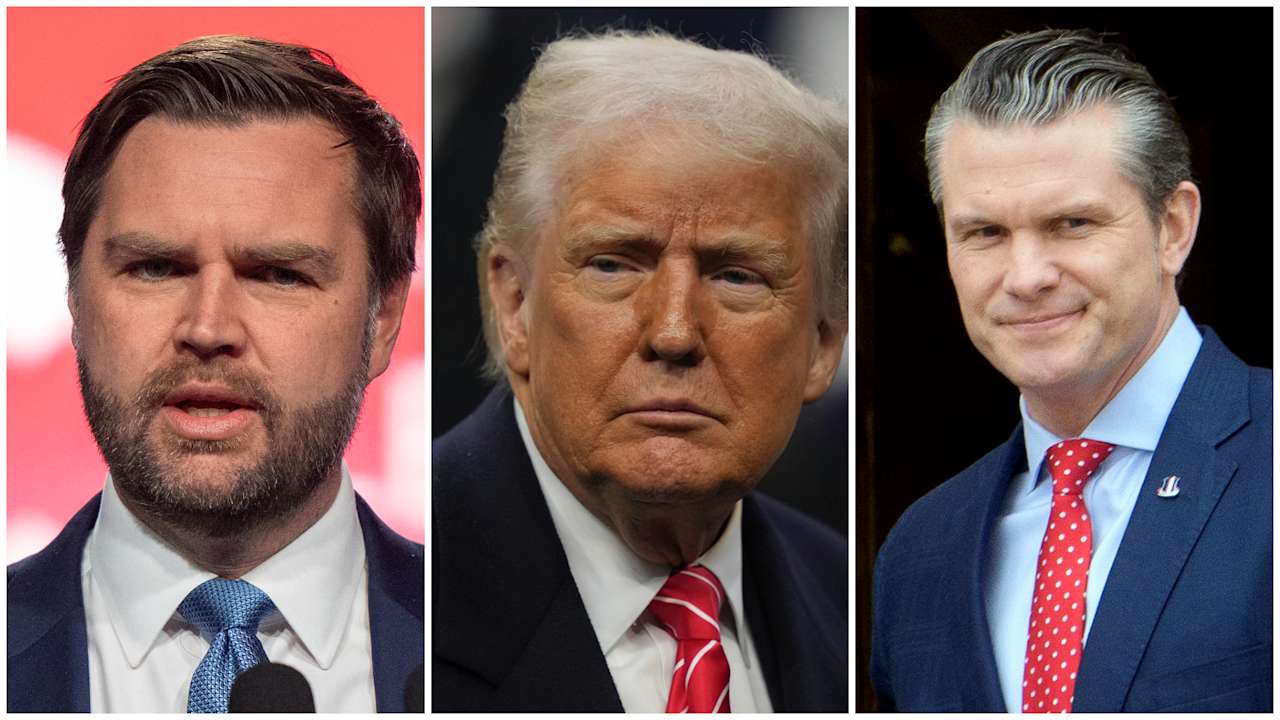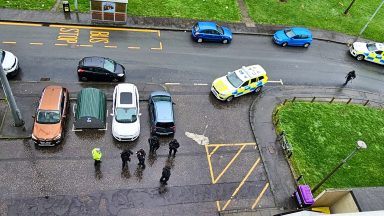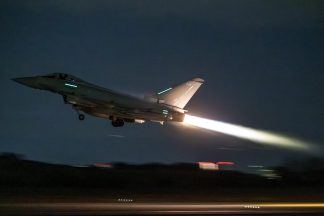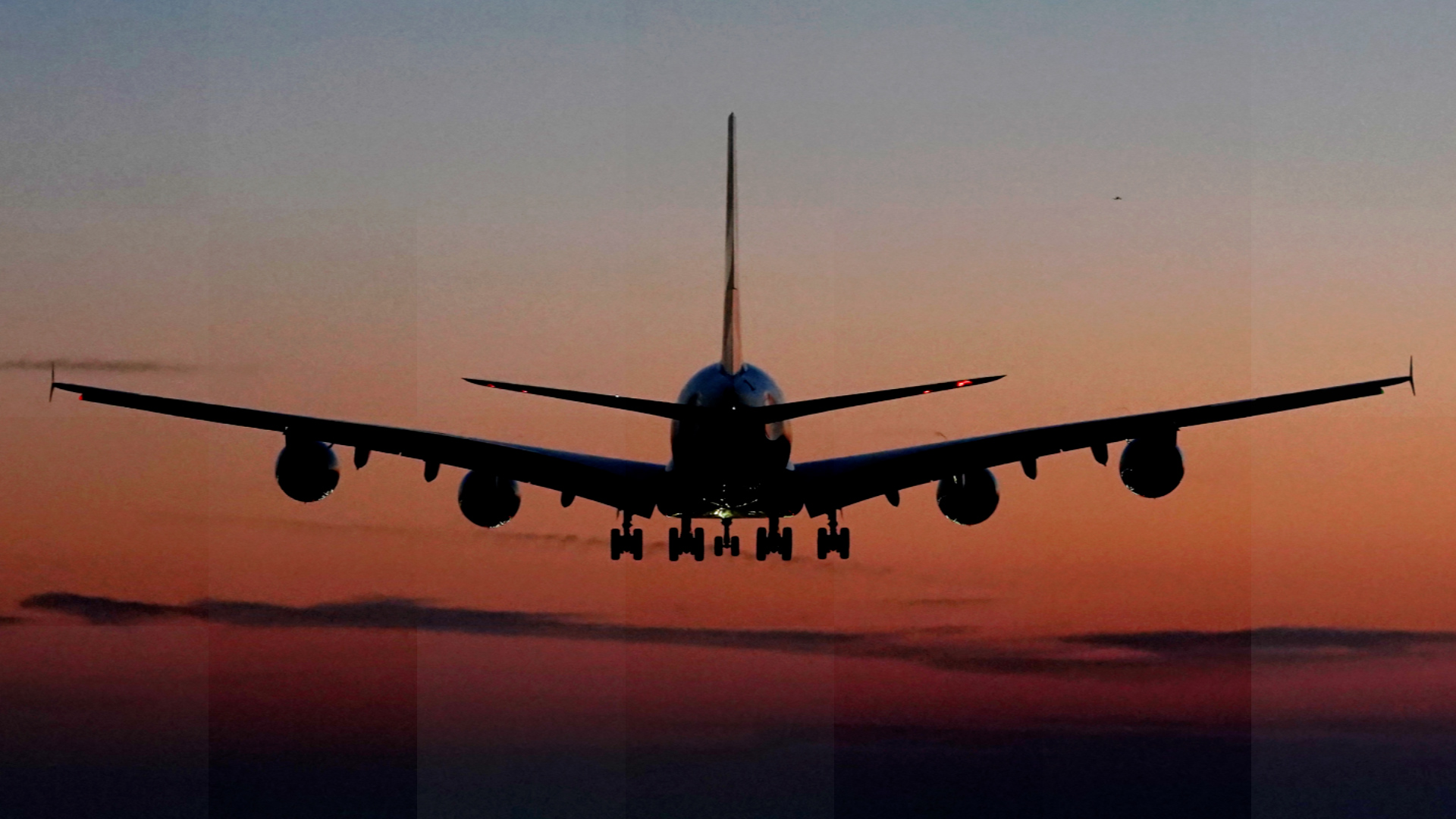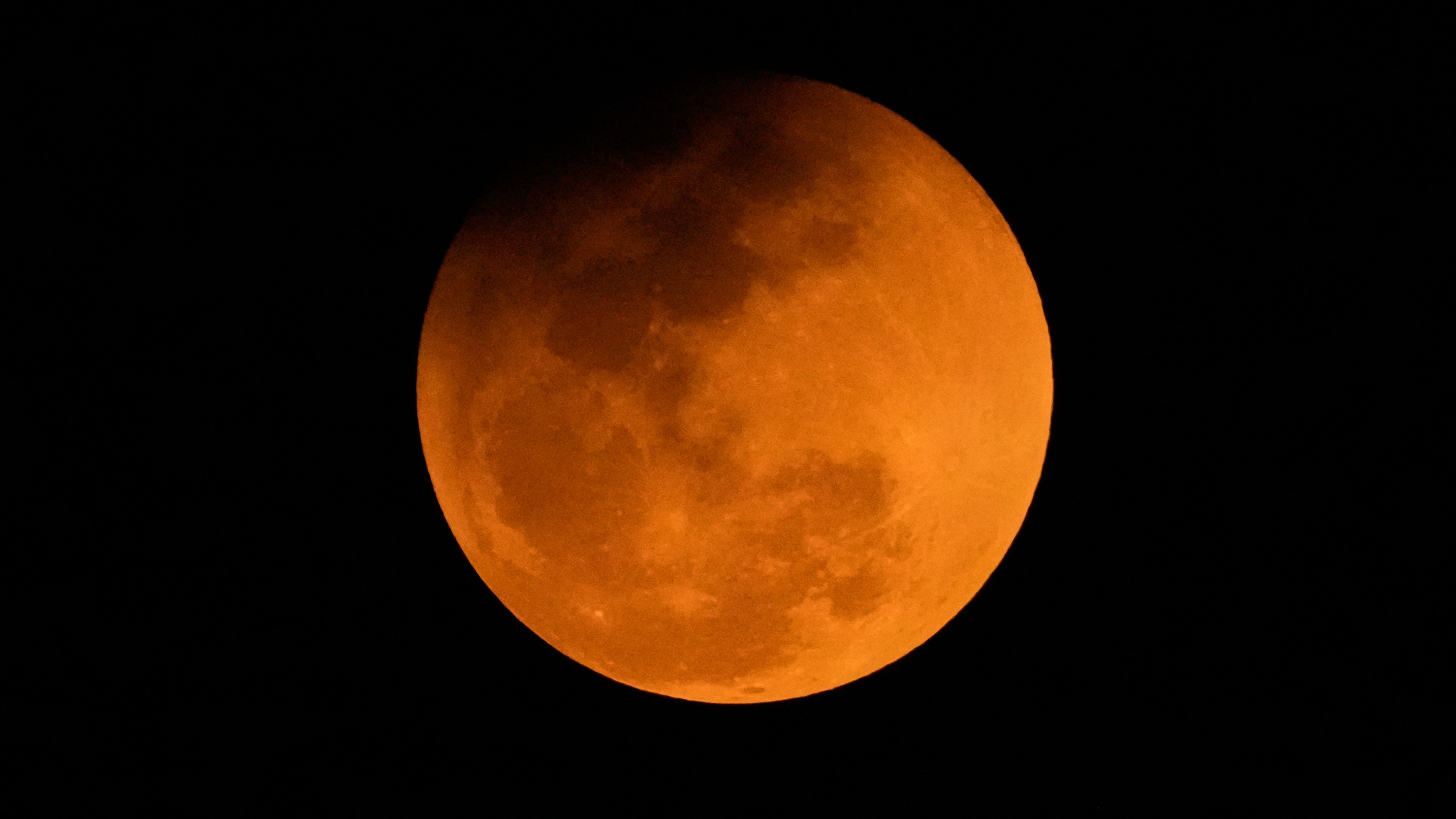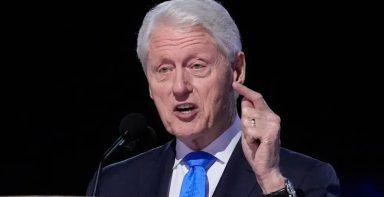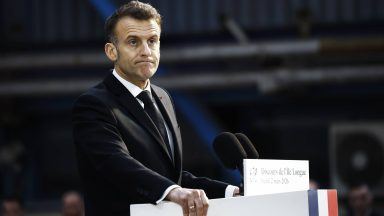The journalist at the centre of the Signal security leak has released more messages to support his claim that sensitive US military plans were texted to a group of senior Trump administration officials.
Jeffrey Goldberg, editor-in-chief of The Atlantic magazine, said there was “clear public interest” in publishing the full chain of messages, to which he was inadvertently given access.
He said the decision was made because the White House had repeatedly insisted the conversation on the group, whose members included the US defence secretary, the head of the CIA and the US vice president, did not include classified information.
“There is a clear public interest in disclosing the sort of information that Trump advisers included in nonsecure communications channels, especially because senior administration figures are attempting to downplay the significance of the messages that were shared,” he wrote on Wednesday.
Goldberg said it would allow people to reach their own conclusion.
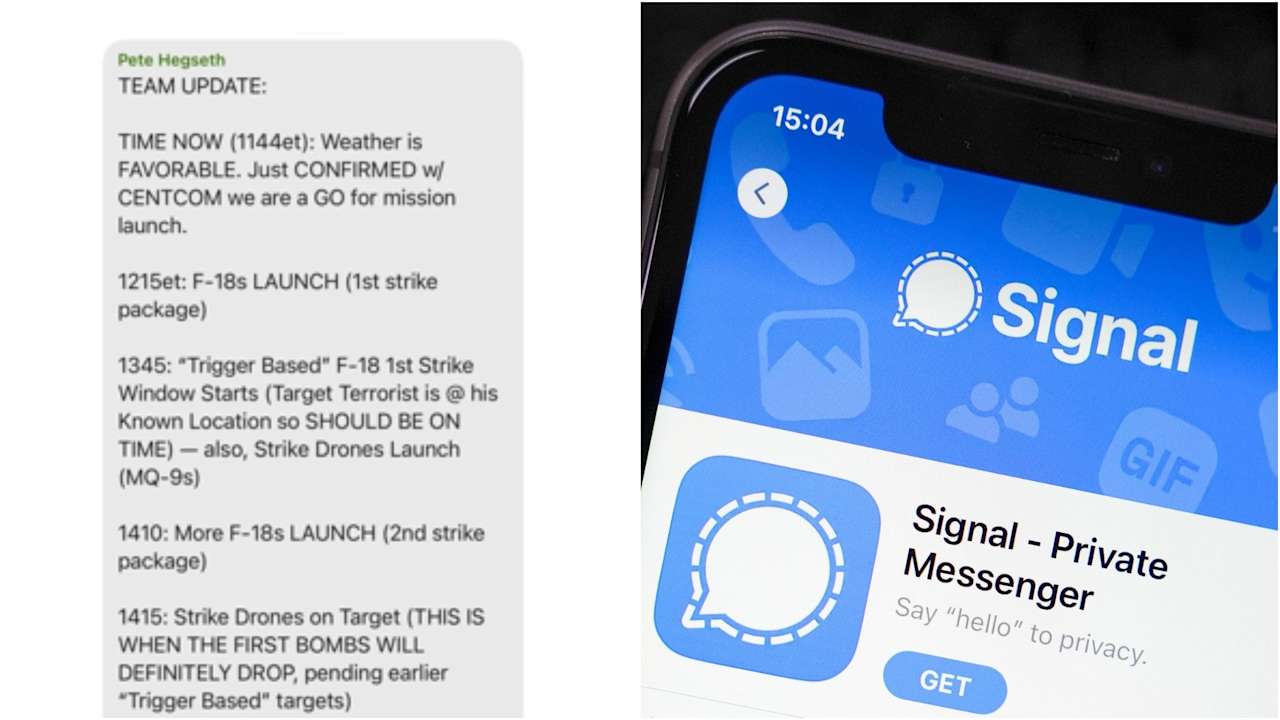
Goldberg says this message from US defence secretary Pete Hegseth, sent of the group named “Houthi PC small group,” shows that sensitive operational details were shared on the day of a US military attack on rebels in Yemen:
“TEAM UPDATE:
TIME NOW (1144et): Weather is FAVOURABLE. Just CONFIRMED w CENTCOM we are a GO for mission launch.
1215et: F-18s LAUNCH (1st strike package)”
1345: ‘Trigger Based’ F-18 1st Strike Window Starts (Target Terrorist is @ his Known Location so SHOULD BE ON TIME – also, Strike Drones Launch (MQ-9s)”
1410: More F-18s LAUNCH (2nd strike package)”
1415: Strike Drones on Target (THIS IS WHEN THE FIRST BOMBS WILL DEFINITELY DROP, pending earlier ‘Trigger Based’ targets)”
1536 F-18 2nd Strike Starts – also, first sea-based Tomahawks launched.”
His next message reads:“MORE TO FOLLOW (per timeline)
We are currently clean on OPSEC”—that is, operational security.
Godspeed to our Warriors.”
In his article on Wednesday, Goldberg says: “If this text had been received by someone hostile to American interests – or someone merely indiscreet, and with access to social media – the Houthis would have had time to prepare for what was meant to be a surprise attack on their strongholds. The consequences for American pilots could have been catastrophic.”
The magazine’s decision to publish the full conversation follows attempts by US President Donald Trump to play down the incident, which has been described as one of the worst security breaches in decades.
Speaking to US broadcaster NBC on Tuesday, Trump described it as a “glitch”.
He also referred to Goldberg, who reported on Monday that National Security Adviser Mike Waltz accidentally added him to a Signal message group earlier this month, as “a sleazebag”.
Later on Tuesday, Waltz denied ever speaking to Jeffrey Goldberg.
“This one in particular, I’ve never met, don’t know, never communicated with,” Waltz said, adding that his team is looking into “how in the heck” a journalist ended up in a group text chain.
Trump was questioned about the incident on Tuesday during a Senate briefing on national security threats, where he continued to downplay what had happened.
“The main thing was, nothing happened … It wasn’t classified information … But I always say you have to learn from every experience. I think it was very unfair the way they attacked Michael [Waltz]. He’s a good person,” Trump said.
The officials used the group chat to discuss plans for upcoming military strikes on Yemen’s Iran-backed Houthis.
Beyond the security risk posed by accidentally inviting a journalist to this group chat, there has been questions raised over how secure Signal is as a messaging service.
On March 14, one day before the military strikes took place, the US Defence Department sent a memo warning all staff about Signal’s vulnerability to Russian interference and known malicious activity directed towards the app.
One of the reported members of the group chat was Trump’s special envoy Steve Witkoff.
The White House has since claimed Witkoff did not have this phone in his possession during his trip to Russia.
When the Signal conversation allegedly took place, Witkoff was in Moscow for a meeting with Vladimir Putin, highlighting concerns over potential Russian breaches.
In an indication of bipartisan concern over this security breach, Republican Senator Roger Wicker, chairman of the Armed Services Committee and Senator Jack Reed, the committee’s top Democrat, confirmed they would be asking President Trump for an inspector general to investigate the matter.
They are also requesting a classified briefing from an administration official who can, “speak to the facts” of what happened.
Follow STV News on WhatsApp
Scan the QR code on your mobile device for all the latest news from around the country


